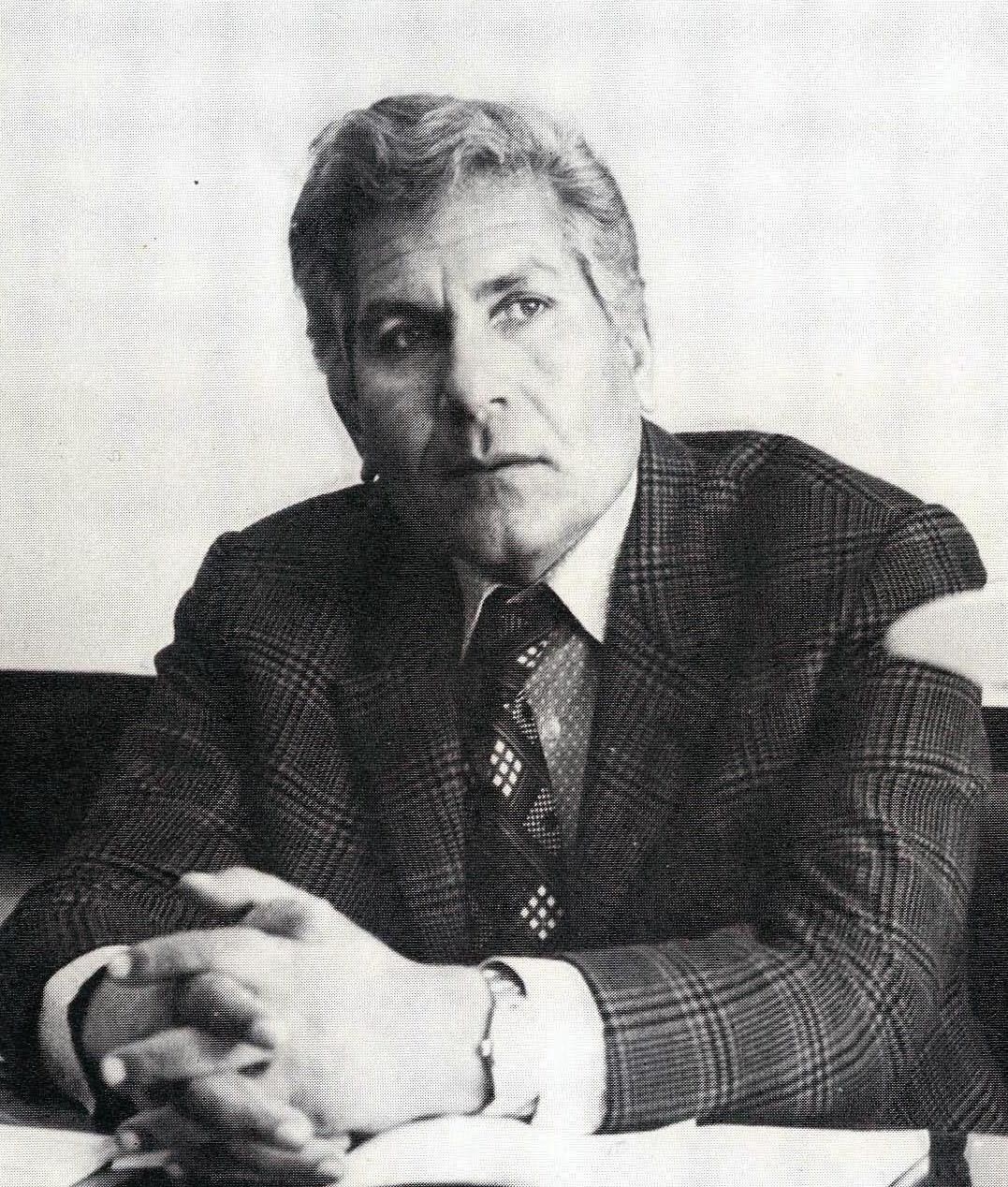By Nervana Mahmoud
Egypt has always been portrayed in folk history as a woman with eternal youth, defiant and graceful. But the state that has been proud of its iconic past is currently crumbling at a surprisingly fast pace, and no one seems to be able to stop it.
The chaotic scenes witnessed in Egypt at the presidential palace on Friday, with rioters attacking the symbol of the state with such ferocity, are unprecedented in our history. These scenes are the result of three factors: the broken barrier of fear from a leaderless revolution, the lack of responsible leadership, and the lack of political stability in light of the current deadlock.
In the past, I have witnessed several curfews enforced in Cairo; the declaration alone was enough to send people home. This is no longer the case. People have defied the curfew in the canal region and are consistently defying the police in Cairo. The state has lost its monopoly over the use of “legitimate” violence.
Many youth believe they too have the right to use violence to express their grief, resentment, and deep sense of injustice. These youth have more than enough reason to be angry; they have no voice in any political party, yet the ruling Islamists expect them to be disciplined just for the sake of “state prestige”.
A succession of misguided statements from the ruling party, the Muslim Brotherhood, has not helped the situation. The ruling party insists on labelling these youth as “thugs” paid by organised groups with a possible Israeli connection, which reflects only their thinking process, not necessarily the facts on the ground. Thus far, the Brotherhood has failed to link anyone with any foreign plot.
Yes, Egypt faces thugs, a legacy of a chronic state of poverty, and successive political elites who pay criminals to ruin their opponents’ election campaigns. However, it is crucial to differentiate between the paid thugs and the angry youth who are legions, the angry young men, and the grade school dropouts. Recruiting these kids doesn’t take massive, sophisticated organisation; small groups are enough to produce chaos with minimum skill.
It is important to state that I do not, and neither should anyone else, condone these actions. Any act of violence from any side is unacceptable. Nonetheless, if we really want to stop it, we have to understand the roots and the causes of such a scene. Pointing fingers at opposing parties or forming an Israeli plot are cheap ways to score political points, but they will solve nothing.
I doubt that the Muslim Brotherhood would label those who tried to climb the presidential palace wall as thugs if Mubarak were still in power; in fact, they would probably describe them as the heroes of the revolution. Sadly, this double standard is what has led to the current crisis. Violence has been a recurring theme during the last two years; the Muslim Brotherhood turned a blind eye when the violence was aimed at the ruling military council, and it never used clichés such as “state prestige” at that time.
The rise of the angry youth is a game changer on Egypt’s already murky political stage. It has cast doubt on the potential success of any political deal between the ruling Muslim Brotherhood and the opposition. The leaderless revolution that many considered a blessing could easily become the leaderless chaos that no one can afford.
Egypt is currently a dysfunctional state that is edging toward failure. It is facing the biggest test in its contemporary history, as its elite are losing legitimacy and the ability to control the population. The step from weakness to complete failure may take a while, but in a heavily populated country like Egypt, full of unlicensed weapons, a fast decline could easily happen.
It’s time for Egypt’s ruling Islamists and opposition forces to swallow some humble pie, admit their mistakes, and stop treating fire with fire, otherwise the lava from the current volcanic eruption will burn what is left of our country.



